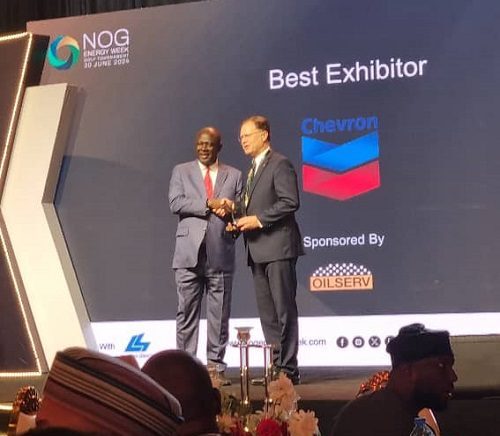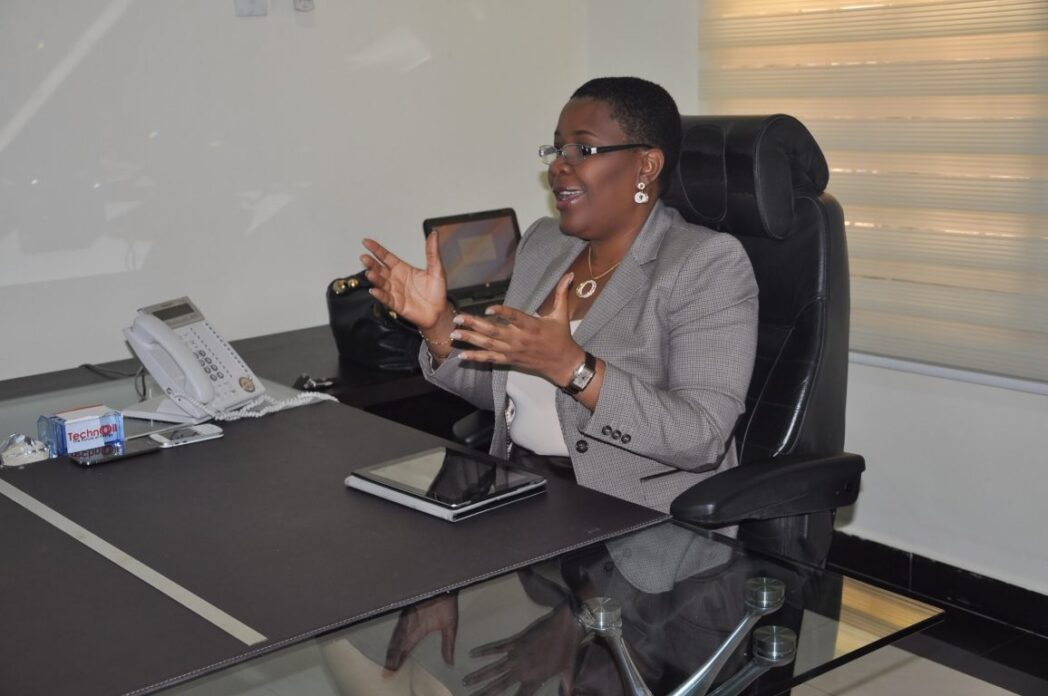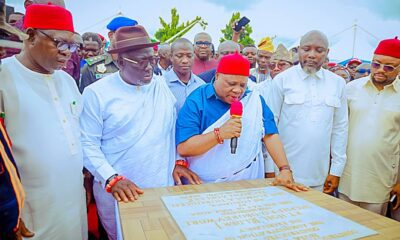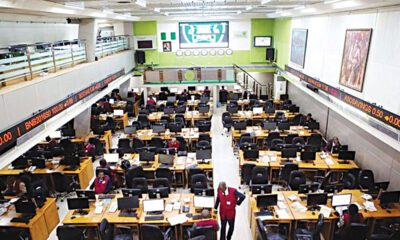Energy
Oil rig capsizes in Delta, as three personnels go missing
A oil rig contracted by SEPLAT/NNPCL joint venture capsized yesterday in Delta State. The incident involving the Majestic rig near Ovhor, Delta State happened in the early hours of Tuesday.
A statememt by the Chief Executive Officer of Seplat, Mr Roger Brown noted that the incident happened when the rig was in-transit to its planned drilling location at Ovhor in Delta State when it capsized.
“92 of the 96-member crew are accounted for and safe. However, tragically one fatality occurred during the incident, while three other rig personnel are still missing.” He revealed.
Mr Roger prayed for the families and friends of the crew member who sadly lost his life and the three crew members who are still missing at the time of this report.
“Our emergency response and rescue efforts working alongside the rig owner and the authorities have been activated and are onsite. Our utmost priority will continue to be the safety and wellbeing of all the affected personnel and their families.”
“We will provide further details as our understanding of the incident develops. A detailed investigation into the cause of the accident will follow.” He added
Energy
Nigeria’s debt to petrol traders surpasses $6bn — Report


Nigeria’s debt to petrol traders has surpassed $6 billion, doubling since early April, as the state oil firm, Nigerian National Petroleum Corporation (NNPC), struggles to cover the gap between fixed pump prices and international fuel costs, according to six industry sources.
This is according to a report by Reuters on Thursday, which tracks data on international petrol prices.
Sources confirmed to the American media outlet that NNPC has capped the pump prices of petrol shortly after the removal of subsidy in May 29, 2023.
The cap on fuel prices has resulted in stability at the pump despite increases in international crude oil prices and the devaluation of the naira against the dollar.
This situation has led many to speculate that the government might have reinstated some form of petrol subsidy, given the discrepancy between market prices and the steady price of the commodity.
According to data from Reuters, NNPC began facing difficulties early this year when late gasoline payments exceeded $3 billion.
The company has yet to pay for some January imports, with traders stating that the late payments now amount to between $4 billion and $5 billion.
Under the terms of their contracts, NNPC is required to pay within 90 days of delivery.
“The only reason traders are putting up with it is the $250,000 a month (per cargo) for late payment compensation,” one industry source said.
At least two suppliers have already stopped participating in recent tenders after reaching their self-imposed debt exposure limits to Nigeria, the sources said.
This means they will not send more gasoline until they receive payments.
The tension to reconcile the international landing cost of petrol and the fixed price of N617 has deepened the debt of NNPC to the traders, the sources confirmed.
Energy
Chevron Nigeria wins Best Exhibitor Award at 2024 NOG Energy Week


Chevron Nigeria Limited (CNL), operator of the joint venture between the Nigerian National Petroleum Company Limited (NNPCL) and CNL – NNPCL/CNL JV – was recognized with the Best Exhibitor award at the 2024 edition of the Nigerian Oil and Gas (NOG) Energy Week conferences and exhibition in Abuja.
The award presented by the Minister for Petroleum Resources (Oil), Senator Dr. Heineken Lokpobiri was received by Chevron Nigeria’s Chairman and Managing Director, Jim Swartz during the NOG closing gala dinner hosted by NNPCL at Transcorp Hilton Hotel, and attended by dignitaries including government officials, regulators and captains of industry.
Jim Swartz appreciated the organisers of the event for the award and noted that Chevron remains committed to its partnership with Nigeria in ensuring safe, reliable, and efficient operations in and delivering affordable, reliable and ever cleaner energy supply that is critical to the development of the Nigerian economy.
He assured that the company remains committed to supporting the social and economic development of Nigeria and desires to grow its business in the country.
Energy
Obi discredits FG for policies on CNG, LPG


…Urges Govt to support local manufacturers
Mrs Nkechi Obi, Group Managing Director (GMD), Techno Oil Limited has discredited the Federal Government for its policies on Compressed Natural Gas (CNG) and Liquefied Petroleum Gas (LPG) cylinders.
Obi made her displeasure known during a panel session at the 2024 Nigeria Oil and Gas (NOG) conference in Abuja.
Speaking, Obi urged the government to reverse the zero import duties placed on the importation of LPG cylinders and restore the initial 40 per cent import duties, to discourage importation.
“We need policy reversal on that to encourage local producers. The unofficial explanation we are getting from some customs officers is that the Compressed Natural Gas (CNG) which the government wants to encourage its usage in Nigeria, has the same Harmonised System (HS) code with LPG.
“So, the import benefits placed on CNG equipment eventually affected LPG equipment; that is why they were tied together on the zero import duties.
“Harmonised System codes are commonly used throughout the import and export process for the classification of goods.
“For me, we don’t produce CNG cylinders in Nigeria because it involves advanced technology but we produce LPG cylinders here.”
“For us to produce CNG cylinders, we have to change one or two machines, and we expect the government to encourage us to upscale our technology to 32, which we are planning to do,” she lamented.
Obi also called on the Federal Government to separate LPG HS code from that of CNG, to ensure that importers of LPG pay higher import duties, and to also enable the government to continue with its efforts to make CNG affordable in the country with zero import duties.
“The previous government protected those producing cylinders, so that import will not overshadow local production; they did that to encourage local manufacturing but when this government came into existence, policy changed.
“We only enjoyed that policy for six months before it was scrapped and replaced with the new ‘zero import duties’ policy.”
“Definitely, we have to produce CNG cylinders and the government needs to consider those that will go into that production. But if government policy is killing LPG cylinder production that we are doing, it will be very difficult to enter into CNG cylinder production.
“So, if there is anybody who can venture into CNG cylinder production, we the producers of LPG cylinders are here to do that and it is in our plan.
“But we are not encouraged to do it because of what happened to us in the LPG cylinder production because of the frustrating policy that is encouraging its importation,” Obi added.













